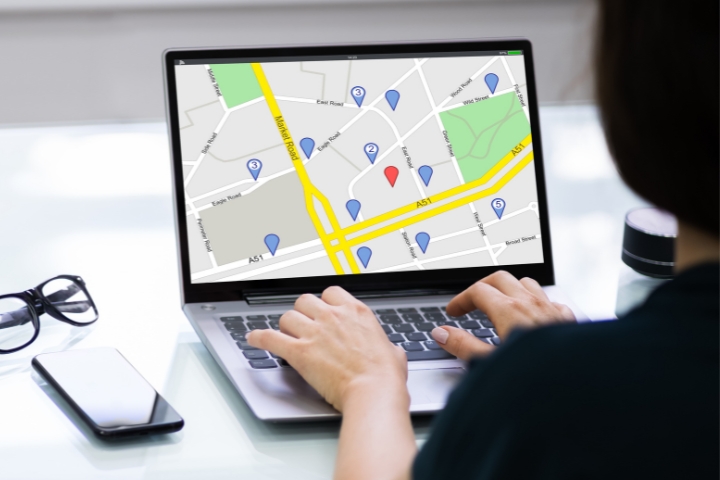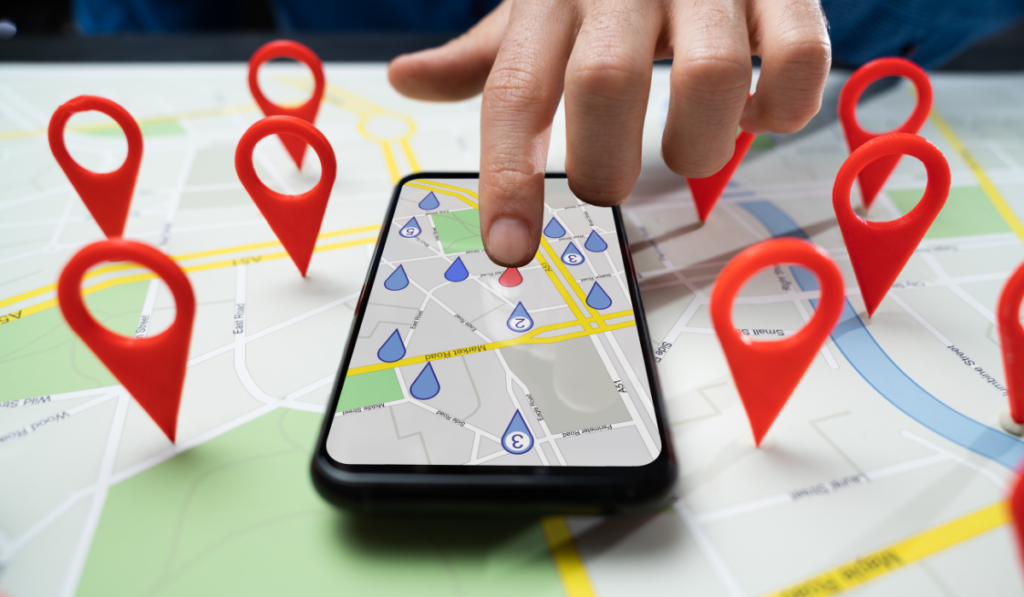Local SEO Tips: Increase Your Local Search Rankings
Local SEO is crucial for businesses aiming to attract customers in their specific geographic area. By optimizing your online presence for local searches, you can enhance visibility and drive more traffic to your physical location.

What Is Local SEO
Local SEO is crucial for businesses aiming to attract customers in their specific geographic area. By optimizing your online presence for local searches, you can enhance visibility and drive more traffic to your physical location. This guide offers practical tips and strategies to improve your local search rankings, helping you stand out in your community.
Why Local SEO Is Vital For Your Business
A MarketingSherpa study determined which type of search had the biggest impact on brands’ marketing objectives and found that almost 54 percent of respondents consider local search to have the most positive impact on their digital marketing efforts.
Evidently, digital dominance has made it vital for businesses of all sizes to concentrate their efforts on local SEO optimization. Local SEO for small businesses and multi-location firms is a critical strategy for acquiring qualified leads and converting them into sales. If you don’t have a local SEO strategy in place, you could be doing more harm to your business than you initially realize


Why Local SEO Matters
Before diving into the tips, let’s understand why local SEO is crucial:
- Targeted Traffic: Local SEO helps you reach potential customers in your vicinity who are actively looking for the services or products you offer.
- Higher Conversion Rates: Users who search for local businesses are more likely to convert since they have a clear intent to purchase or visit.
- Increased Visibility: Being visible in local search results and on Google Maps increases your chances of being found by nearby customers.
How to Implement a Local SEO Strategy
Implementing a successful local SEO strategy involves several steps. Here’s a step-by-step guide to get you started:
Step 1: Conduct a Local SEO Audit
Start by assessing your current local SEO performance. Analyze your Google My Business listing, local citations, on-page SEO, and backlink profile. Identify areas for improvement.
Step 2: Keyword Research
Conduct keyword research to find the most relevant local keywords for your business. Use tools like Google Keyword Planner, Ahrefs, or SEMrush to identify keywords with high search volume and low competition.
Step 3: Optimize Your Google My Business Listing
Claim and optimize your GMB listing by:
- Verifying your business information.
- Adding accurate and up-to-date NAP information.
- Selecting appropriate categories.
- Uploading high-quality images and videos.
- Encouraging customer reviews.
Step 4: Build Local Citations
List your business on local directories and ensure that your NAP information is consistent across all platforms. Some popular local directories include Yelp, Yellow Pages, and TripAdvisor.
Step 5: Optimize Your Website
Ensure your website is optimized for local search:
- Use local keywords in your title tags, meta descriptions, header tags, and content.
- Add a dedicated contact page with your NAP information.
- Embed a Google Map on your contact page.
- Include customer testimonials and reviews.
Key Elements of Local SEO
To effectively implement local SEO, you need to focus on several key elements:
1. Google My Business (GMB)
Your Google My Business listing is one of the most important aspects of local SEO. Make sure your listing is fully optimized:
- Accurate Information: Ensure that your business name, address, and phone number (NAP) are correct.
- Categories: Choose the most relevant categories for your business.
- Photos and Videos: Add high-quality images and videos to showcase your business.
- Reviews: Encourage satisfied customers to leave positive reviews and respond to them promptly.
2. Local Citations
Citations are online mentions of your business’s name, address, and phone number. Consistent and accurate citations across various online directories and websites help improve your local search rankings.
3. On-Page SEO
Optimize your website for local search by including local keywords in strategic places:
- Title Tags and Meta Descriptions: Include your city or region in your title tags and meta descriptions.
- Header Tags: Use local keywords in your header tags (H1, H2, etc.).
- Content: Write content that is relevant to your local audience.
- NAP Information: Ensure your NAP information is consistent and visible on your website.
